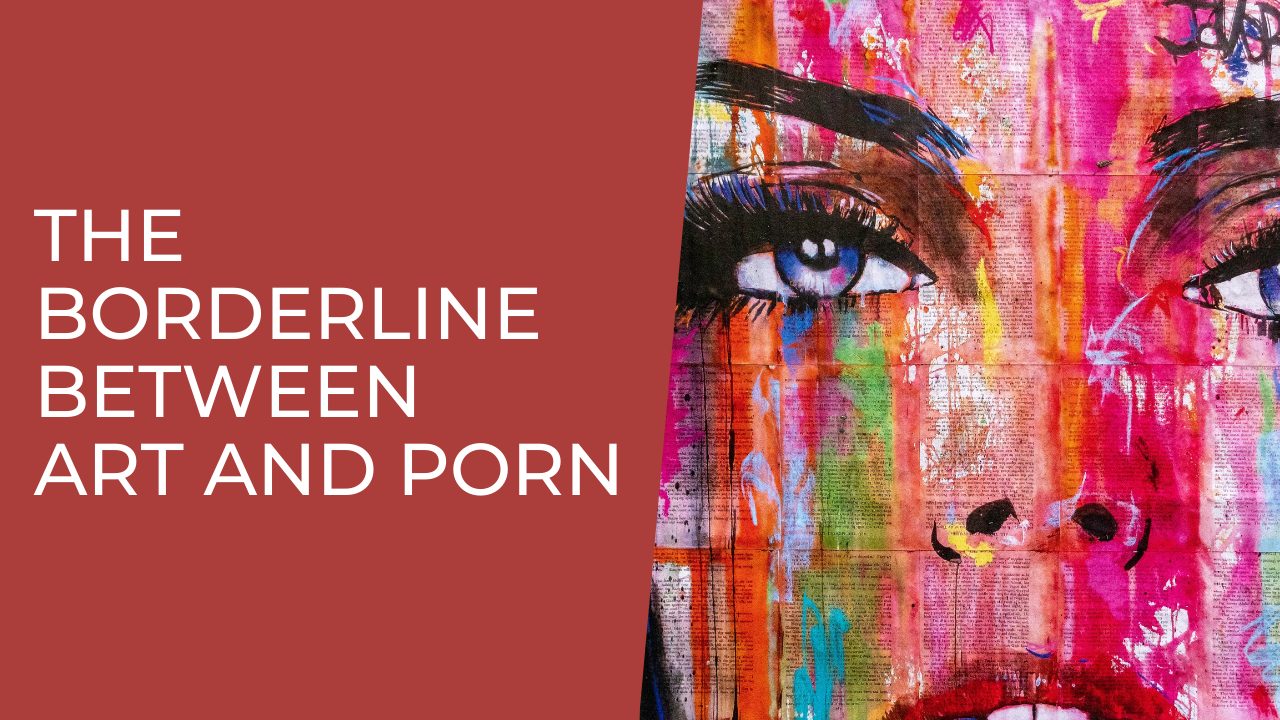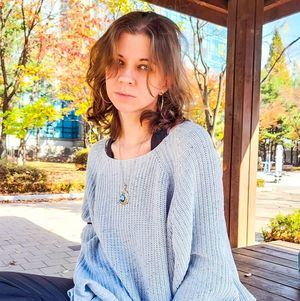
The biggest struggle I have faced thus far as a romance writer is the morality of my work.
After spending a year binge-reading romance novels, I've found that there are two basic categories of romantic storytelling: cheesy, cringy romance with no sex at all; or erotic nonsense with nothing but.
As a romance writer and a Christian, I had to decide how I wanted to write romance. It's rather difficult to have adult characters that never come in contact with sexual situations at all. As intimacy grows so does desire and vise versa. And at the very heart of it, I refused to sacrifice my storytelling by adding in sexual themes to please the thirsty crowd, and I also refused to sacrifice my storytelling by taking out sexual themes to please church-goers. Both felt like an insult to the beauty of storytelling and the design of sexuality.
Sex is the literal beginning of life. It has been designed to be the most intimate form of connection between two people, creating children and family as the outcome. It is holy in design, even though every individual has twisted its beauty.
Art is also intimate. It connects people across cultures to beauty, expression, and emotion. And because of this, it feels immoral to ignore sensuality and sexuality altogether. But as a Christian, pornography is also immoral.
So first, I had to decide on the definition of pornography.
The dictionary was rather helpful:
Pornography: The depiction of erotic behavior intended to cause sexual excitement.
So that made everything much simpler. Any scene whose purpose was nothing else but to cause sexual excitement in the reader has to go.
This means I have to determine the purpose of every romantic, sensual, and sexual scene.
I have found very few romance novels whose sexual scenes are critical to the story. The only one I've found thus far is The Kiss Thief by L.J Shen, where every sex scene is a critical part of the story and character development. Every scene has a purpose. Yes, some of the scenes are quite erotic and I find the age gap of the characters kind of gross, but in my mind, the storytelling was solid because every scene mattered.
For me, it's important that every intimate scene has a purpose, whether it's related to character growth, plot, or the message of the story.
Between my two published books, I have eight or more kissing scenes, and the way the characters kiss is symbolic of their relationship or their unspoken feelings. Even each kiss has a purpose.
And lastly, I decide if the scene or relationship weakens the plot, characters, or message of the story should I choose to take it out or leave it in.
One of my current works-in-progress has a main character who suffers deep heartbreak and bitterness, and so she submits to the darkest parts of her soul. In this quest for darkness, she develops a sexual addiction. In each scene of her addiction, I wrote in an underlying thread of emptiness and pain. This is the highest point of her character arc. It's because of her pain that she became addicted, it's because of her addiction that she's in worse pain and eventually looks for healing. If I was to take out a single scene of this part of her story, it would destroy her entire character arc and the story.
The purpose of this story is to show a character who loses herself to the darkest parts of her soul to find God and clarity in the end. Some scenes will not please the churches. I understand this. But I have a clear conscience as I write this story because the message of the piece is too important to make it family-friendly.
Art is a form of intimacy. It's an intimate relationship with beauty, emotions, and ourselves. Sexuality is part of the human design that shouldn't be ignored but also shouldn't be exploited.
As my stories and characters become darker and more complex with each project, as I find my true style as an artist and writer, I have to keep my boundaries clear.
Storytelling should be taken a seriously as possible; not bending to any audience for the sake of applause, sales, or approval. That is the highest morality you can achieve as a storyteller.
